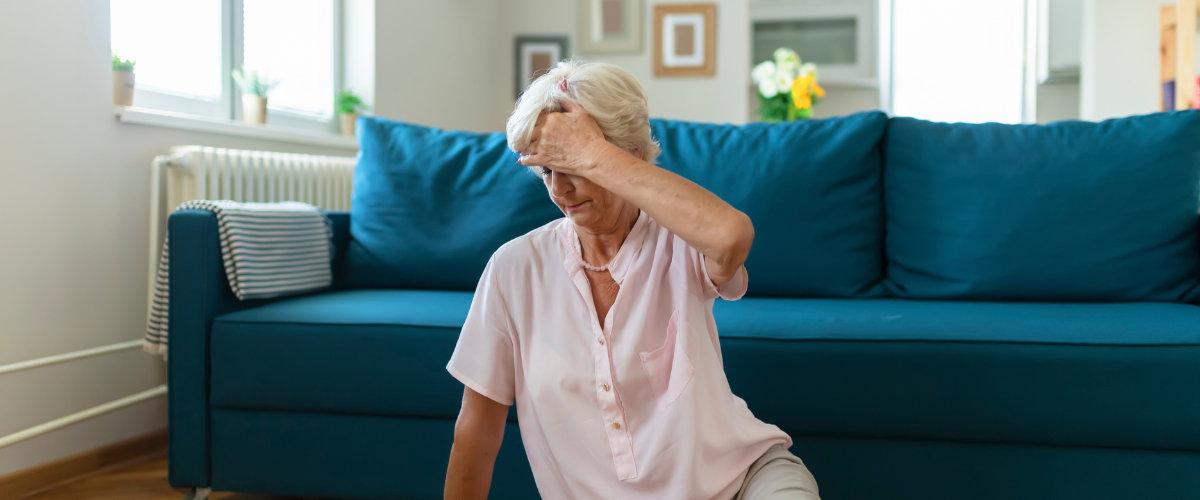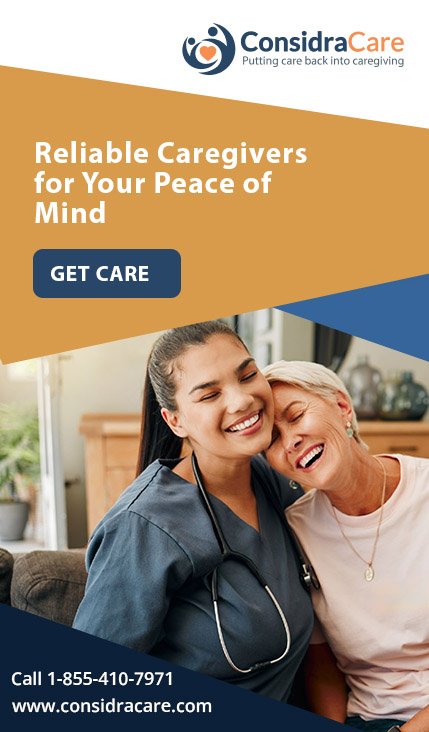Fall are the leading cause of injury in seniors, yet they do not simply happen as we become older. One or more risk factors are frequently the cause of fall prevention. These include your physical health or a medical condition, as well as safety hazards in your home or community. Personal risk factors include muscle weakness, particularly in the legs; poor balance and walking difficulties; and a rapid drop in blood pressure (postural hypotension) after rising from a seated or lying position.
Some falls can result in broken bones, such as wrists, arms, and hip fractures. It has the potential to cause a concussion. People who fall regularly may develop a fear of falling, which can limit their movement, impair their responses, and cause them to avoid doing things they would normally do. As a result of decreased physical activity, you get weaker, which increases your chance of falling. Falls can happen due to accidents or risk factors, but they can be avoided.
Personal falls risk factors
The majority of falls are the result of a combination of risk factors. You are more likely to fall if you have a large number of risk factors.
- Muscle deterioration
- Poor balance and inability to walk on one’s own
- Hypotension due to posture (sudden drop in blood pressure when you get up from lying down or sitting)
- Inappropriate footwear or foot problems
- Lack of clear vision, incorrectly prescribed glasses, or other eye disorders such as cataracts and glaucoma
- Certain drugs can cause dizziness or confusion as a side effect.
- Reaction times are slower.
- Have a chronic illness like arthritis, hypertension, diabetes, stroke, or Parkinson’s disease.
- Have weaker bladder control (urinary incontinence) and need to go to the bathroom more frequently.
- Have dementia, depression, or a negative self-perception of your health.
Fall Prevention Tips for Seniors
Fall Prevention Exercises on a regular basis
Regular physical activity reduces your chances of falling. Engaging in at least 150 minutes of physical activity every week will help you strengthen your muscles while also enhancing your flexibility and endurance. Exercises for strength and balance should be done at least twice a week. You’ll notice an improvement in your balance and walk, lowering your risk of falling. Physical activity can also aid in the relief of postural hypotension symptoms. Take a look at these seven simple workouts to get started.
Maintain healthy bones
Weak bones are more susceptible to breaking. The medical word for this condition is osteoporosis. Eat enough calcium-rich meals every day to keep your bones strong. Sardines, low-fat, high-calcium milk, and cheese are examples. It is also important to get enough vitamin D from sunlight.
The absorption of calcium from our diet is aided by vitamin D. It’s found in eggs, cod liver oil, and fatty fish like tuna, salmon, and sardines. Going for a walk outside when the sun is shining is the easiest way to acquire enough vitamin D. Each day, we just need 15 to 30 minutes of sun exposure. During the hottest portion of the day, though, remain out of the sun (10:30 am to 3:30 pm).
Get your eyes checked regularly
Get your eyes examined on a regular basis to maintain excellent vision. At least once a year, you should undergo an eye exam by a vision care specialist. Your doctor can also identify whether you have any eye issues like glaucoma or cataracts, or if your glasses are fitted to an inaccurate or outdated prescription.
Put on non-slip footwear
For the elderly, there are shoes available to prevent falling. It’s vital to buy footwear that gives you a secure foothold on the ground and reduces the risk of slipping. Non-slip soles are necessary for a firm grip. Make sure your shoes are comfortable and well-fitting to avoid injury.
Use these pointers to make your home safer
Fall-proofing your home is critical for avoiding and reducing the risk of falls. Making your home a safe place to reduce the chances of falling:
- Arrange your furniture in a way that allows for clear walking paths.
- Declutter your home to avoid stumbling or bumping into stuff. Make sure cables are tucked against the walls to avoid tripping over them. Ensure that they are not in the way of the walkways.
- Use non-slip mats, especially in the bathroom and kitchen, to avoid slipping.
- Install grab bars in the restroom or on the stairway for increased support.
- Avoid wet flooring and clean up spills or messes as soon as possible to reduce the danger of falling.
- Keep frequently used items in a handy position. For instance, lower shelves or cabinets.
- Ensure that your home is well-lit so that you can see clearly. Set a lamp near your bed if you need to go to the restroom late at night, or add more lights to dingy areas like stairwells to promote clear vision.
- Make sure your feet are on the floor as you sit on the edge of the bed. Before rising up, sit erect for a few moments to restore blood flow.
Consult your doctor about your medication.
Talk to your doctor about any current medications you’re taking. If you take four or more prescriptions, see your doctor for a review at least once a year. Some drugs can affect your coordination or balance, as well as cause dizziness, confusion, or exhaustion, all of which can lead to a fall.
Bring any extra vitamins or supplements you’re taking with you because they may interfere with your medicine and produce unwanted side effects. Before starting any new medicine or supplement, seek medical guidance.
Stay away from alcoholic beverages
You may be more prone to falling if you drink alcohol. Drinking alcohol can affect your balance and reflexes, resulting in falls, fractures, and other injuries.
Want to learn more?
ConsidraCare’s live-in caregiver are experienced professionals who have undergone fall-prevention training. Our team of senior care experts can develop a detailed care plan including the daily tasks of the caregiver.
Please reach out to us at wecare@considracare.com, or call us at 1-855-410-7971, and we will be happy to help you arrange care for a loved one.
Maryam is a leading writer at ConsidraCare, specializing in senior care. Her well-researched articles are widely recognized for guiding families through the complexities of caring for loved ones, establishing her as a trusted and authoritative voice in the field.

